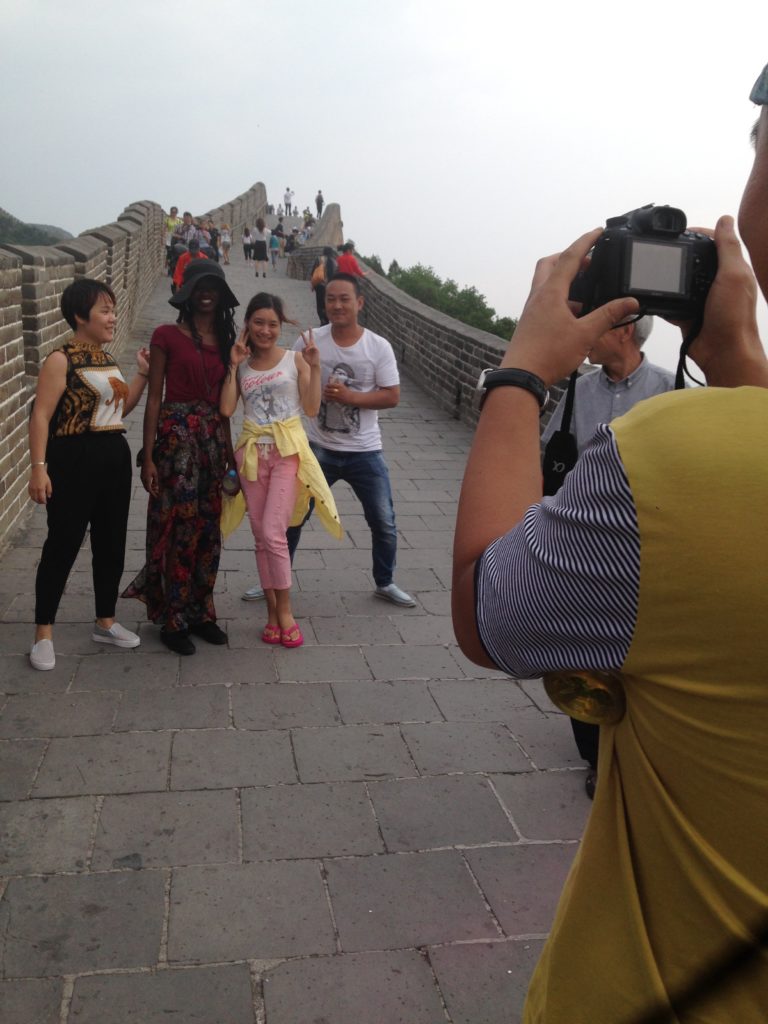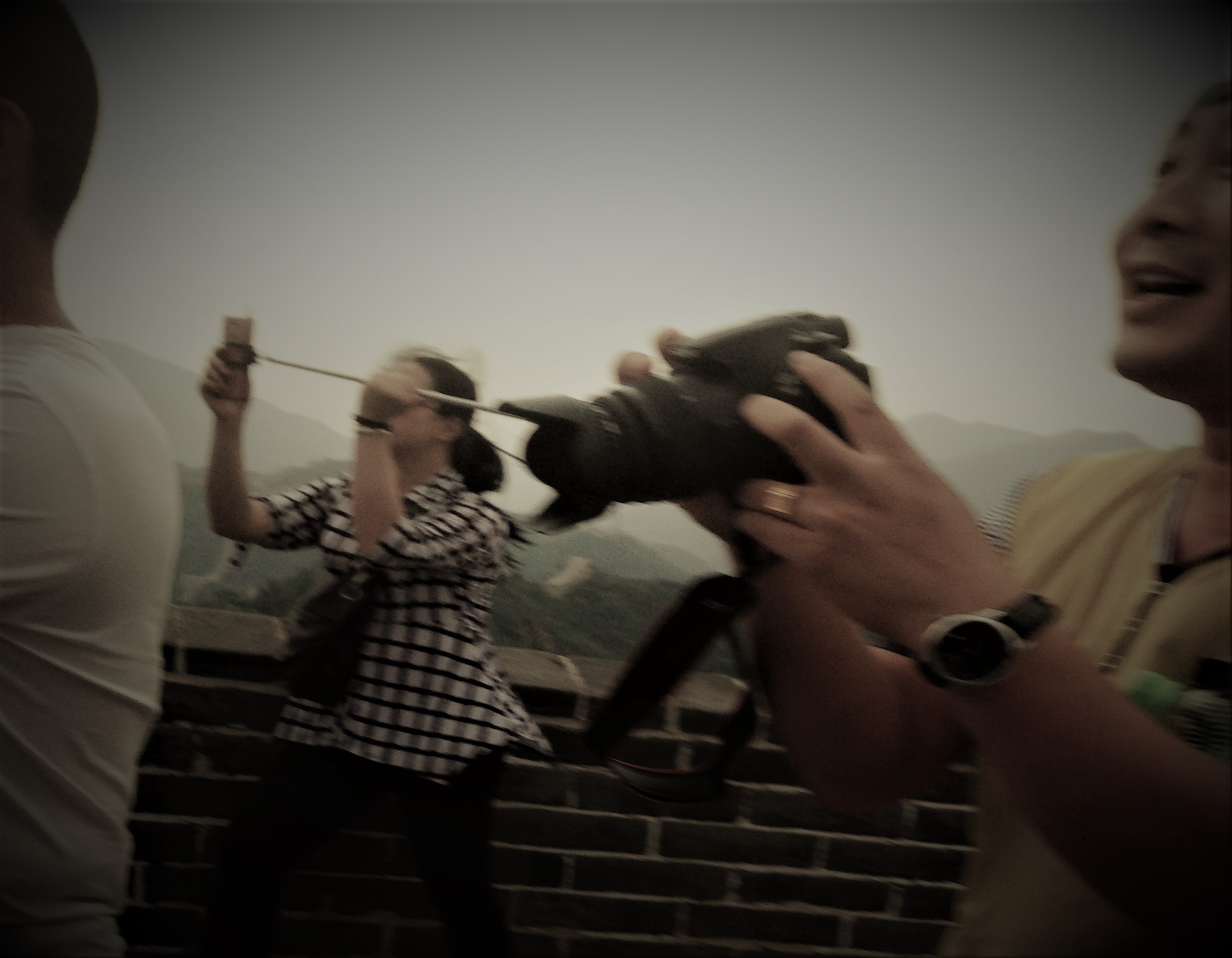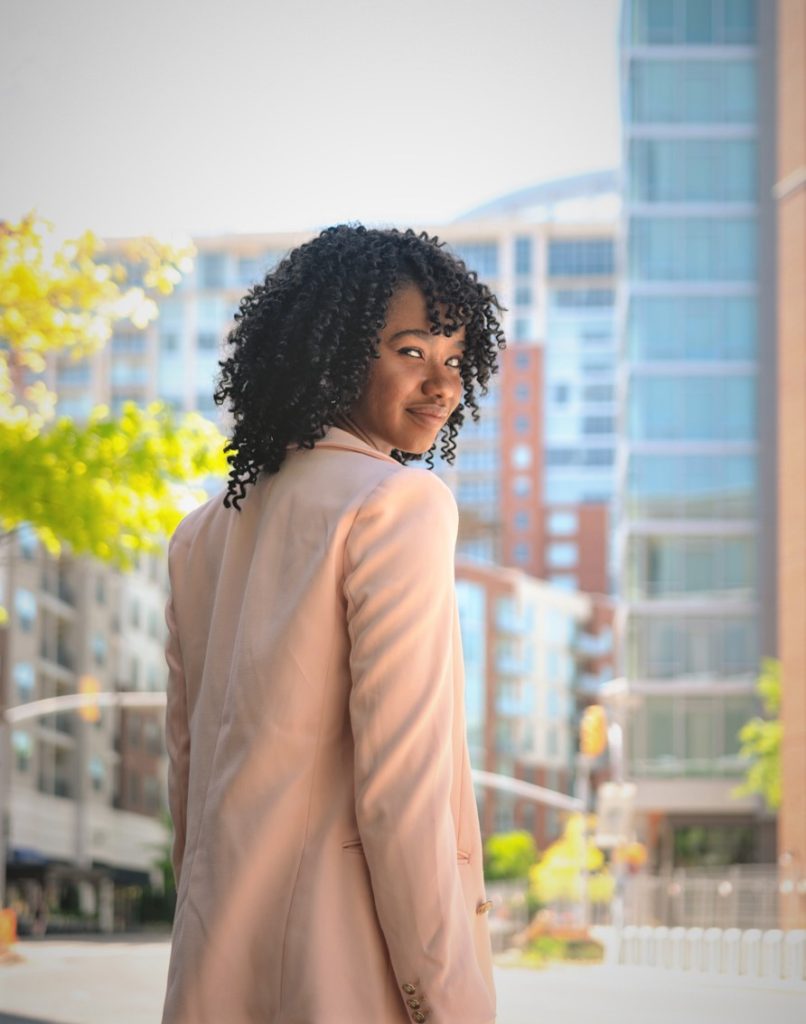There’s a reason for the title of this post, but I’ll get back to it in a moment.
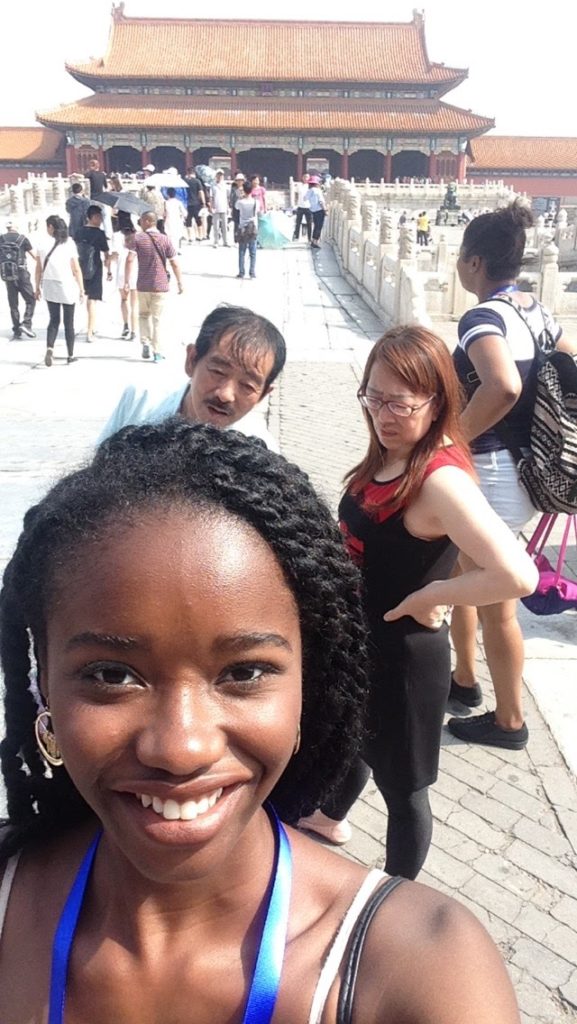
It’s really disheartening that just days after my last post the world was faced with grieving yet another #hashtag.
(Rest in Power, George Floyd.)
Political unrest is at an all-time high and it seems like we’re finally getting the world’s attention. The Black Lives Matter movement has resurfaced, and this time the revolution is most definitely being televised.
Whether you’re out there marching on the frontlines demanding universal justice or have shown your support through your participation “Blackout Tuesday”, I see you. Your voice is heard and it is so very appreciated.
I’ve always wanted to write a post about what it means to be Black on a global scale. But at the moment I’d much rather take the time to shed light on an important conversation that I had while in Thailand, just a few days after The Charleston 9 Massacre occured in the summer of 2015.
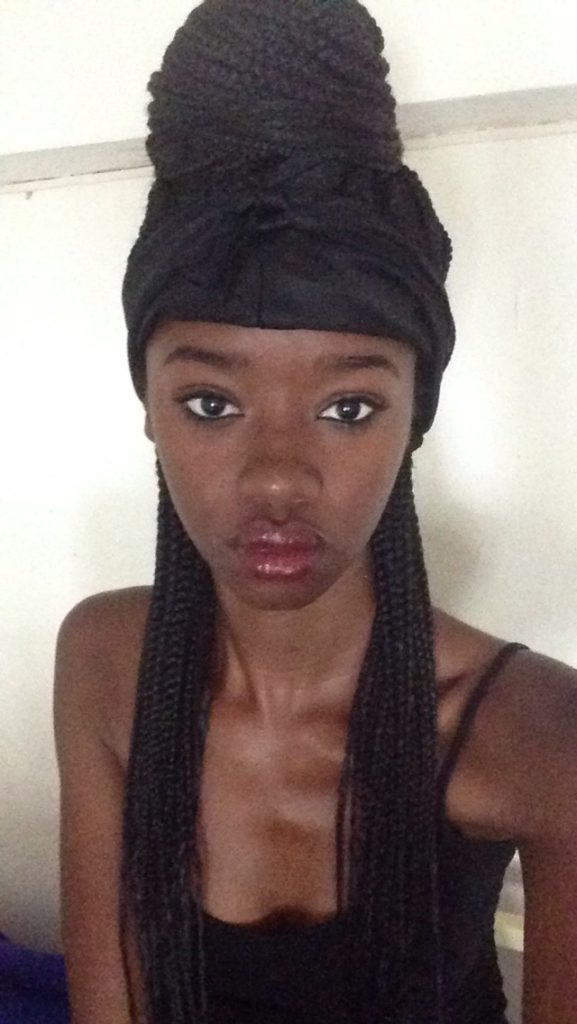
I had received multiple questions from Thai locals since the event had made global headlines, but it wasn’t until myself and a couple of interns started a conversation about it over lunch that I got the chance to speak on the topic of U.S. race relations at length. Until that point, not one person in the house (the same international group house from my “Targeted and Left Stranded in Thailand” post) had checked in to ask how I was coping with it all.
***If you’re unaware of what happened in the Charleston Church Shooting, I encourage you to do your research and look it up. It still bothers me that it happened at all and I regret to inform you that I do not have the emotional capacity to describe the event in extensive detail at this time.***
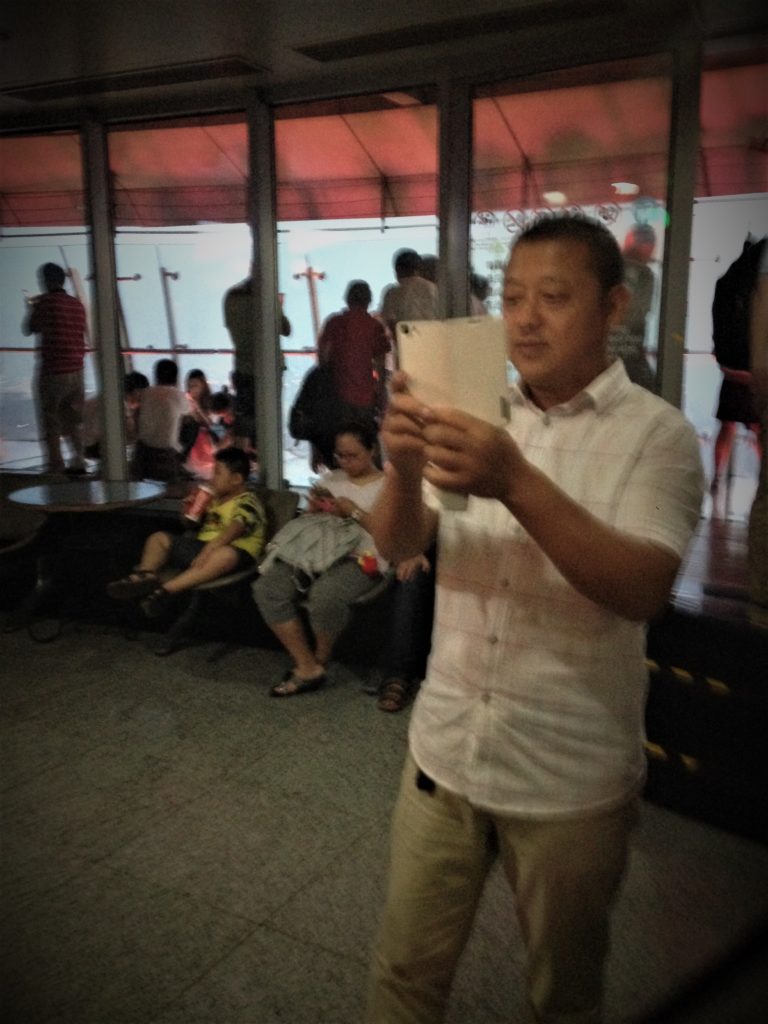
I don’t recall whether I was fed up enough with the topic avoidance that I had experienced in the house to bring up the topic myself during lunch that day or if I was asked about it directly. Nevertheless, I had somehow found myself in a two-against-one conversation about race with Sam and Cindy (protecting their identities with altered names here), both White citizens of the United States.
While on the topic of what had happened in Charleston, Sam casually mentioned that he hadn’t heard anything about it at all, but had seen something recently about Black people rioting on his Facebook timeline.
Never mind the fact 9 innocent lives had been taken in a premeditated racially-motivated, white supremacist-inflicted church massacre, good ol’ Sam had managed to get the most important coverage of the story—the “riots”.
I corrected him in stating that on my personal timeline there had only been peaceful protests (you know, from people who were actually there) and that he should probably diversify his network so that his social media news coverage wasn’t so biased and uninformed.
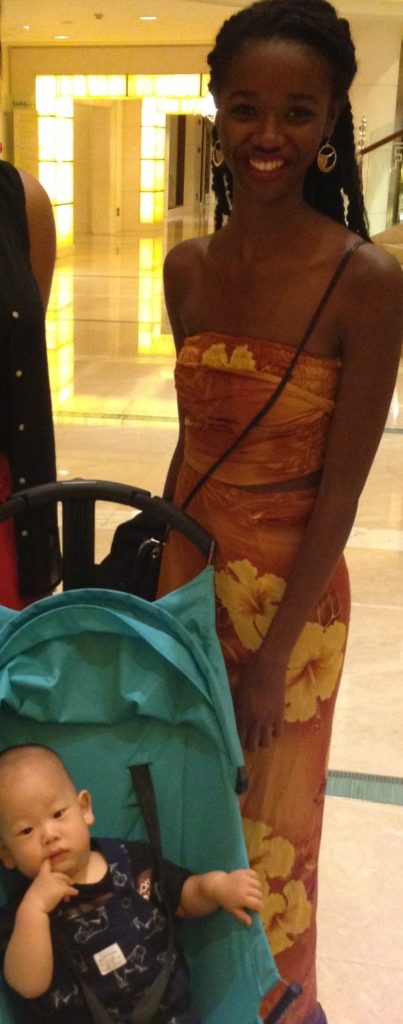
It doesn’t matter if there are 99 peaceful protests across the nation, all it takes is one act of violence to make headlines and change the entire narrative.
Part of me wonders what Sam is doing now, 5 years later, in an era where there is no escaping the Black Lives Matter movement; an era where things actually have taken a more violent turn after years of peaceful calls for justice having gone ignored. How’s Minneapolis for a “riot”, Sam?
I ended up filling in the gaps of Sam’s cluelessness in what had happened. Cindy expressed her condolences to the families of the victims and then went on to state that the person behind the gun was simply mentally ill. I explained that the murder was committed by a racist who knew exactly what he was doing, as documented by his journal where he clearly outlined his intent to kill innocent people in the name of racism and white supremacy. He wasn’t mentally ill; he was a racist. And that wasn’t going to be up for debate.
Somehow the conversation drifted onward to the Black experience in general. Cindy brought up a few instances of White privilege that she had experienced while abroad in Thailand, and I appreciated her self-awareness in that moment. I ended up sharing a few of my personal experiences as well.
She seemed pretty taken aback to learn that I had been followed around stores at multiple points within my life, while she herself hadn’t experienced anything remotely similar. Meanwhile, Sam didn’t seem surprised at all. In fact, he took this as an opportunity to highlight the number of black people in jail from shoplifting.
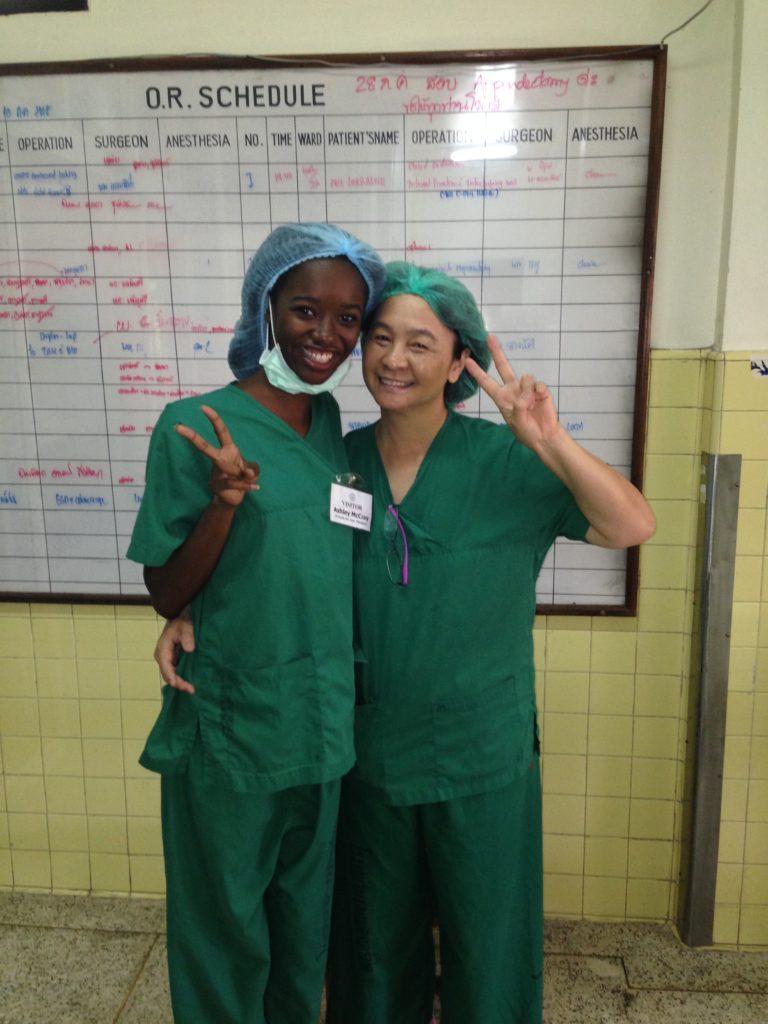
I responded by educating him about the inequity of the justice system contributing to the disproportionate number of black men and women in jail, and that it was no excuse for me to be racially profiled for the entirety of my life. I also pointed out that the greatest number of shoplifters were in fact from the unsuspecting demographic of White women.
To this day, I regret not having been quick enough on my feet to use his own logic against him. Which demographic is most responsible for mass shootings, Sam? How would you like it if someone checked your belongings every time you went somewhere just because you “fit the description”?
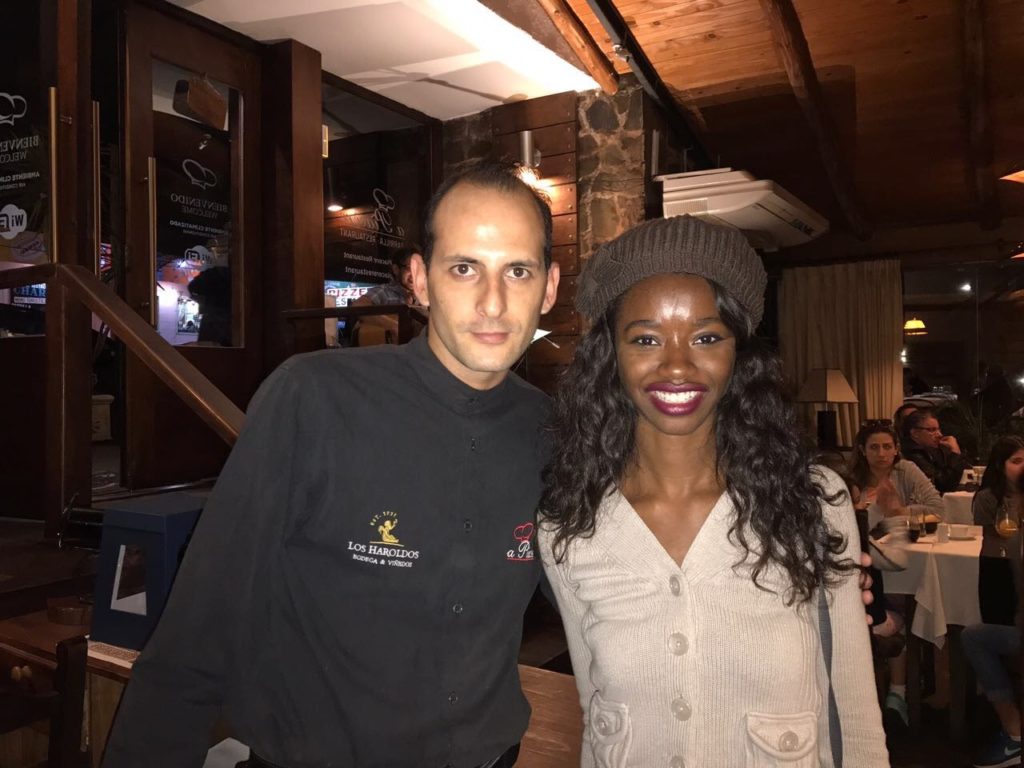
It may not seem like it here in my written recollection of events, but at the lunch table I had intentionally created a safe space for both Sam and Cindy to express their views. I knew that there could only be an important discussion about these real issues if both sides were allowed to be heard.
But I wasn’t expecting Sam to be so comfortable to say this:
He leaned in close, looked me directly in the eyes, placed one hand firmly on the table and said with his every ounce of honesty and sincerity in his being,
“You know what I think? I think Black people should stop being thugs.”
Sam, what?
He went on to ask a question that shocked me with the genuineness and authenticity of its delivery.
“I mean, what are Black people even still fighting for? We have a Black president, you can get everything I have.”
I wanted to sink my head into the palm of my hand and just leave it there for all eternity. But I knew I needed to finish the conversation. It was my duty to instead sink myself a little deeper into the depths of this conversation.
The answer to his questioned mattered. In that moment, it felt like we were the voice for both of our people.
Even though its obvious that no one person can represent the voice of an entire race.
I knew what I wanted to say, but I also knew that I first needed to establish some common ground.
“I agree with you. I think that the people who are contributing to the ‘thug’ stereotype make it really hard for the rest of us who are constantly fighting against it. But there’s historical context behind why things are the way they are. It’s something we have to resolve ourselves within the Black community and it’s not your job or anyone else’s to label us as ‘thugs’. It’s an in-house job that doesn’t concern your outside judgement.”
“As for your question, slavery may be over, sure. And we may have representation in President Obama. But we’re still fighting for equality. We’re fighting for justice. And we’re just not there yet. There’s still a lot of work that needs to be done.”
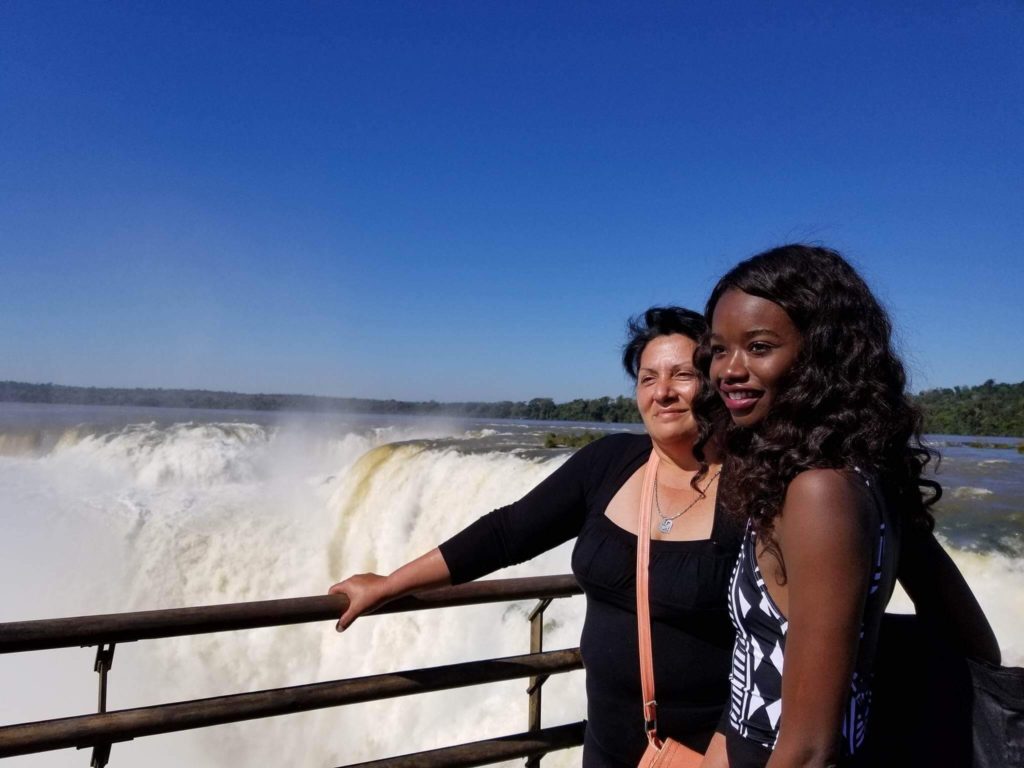
I’ll always remember this conversation because it took place on the other side of the world with two people with whom I probably wouldn’t have ever interacted with if we were back in The States living our own separate lives.
It’s conversations like these that are happening around the world right now.
You really want to know how you can help support the Black Lives Matter movement? Start the conversation. Or, at least contribute to it. Even if it’s uncomfortable.
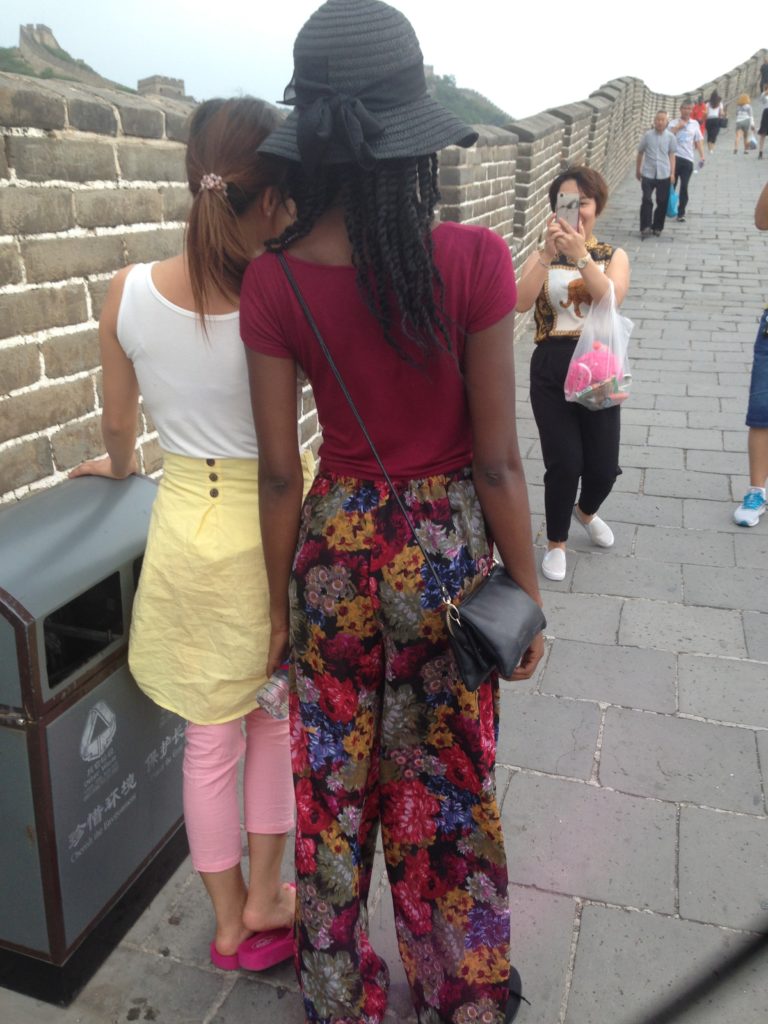
That same week, Cindy and I had a separate conversation over delicious Pad Thai and mango smoothies, where she and I unintentionally ran into the infamous “Black Lives Matter” vs “All Lives Matter” debate. I pointed out how absurd it was that immediately after she had just finished listening to me talk about how difficult it was to be the only Black person in the house frantically wondering if any of my extended family members had been killed in the Charleston 9 Massacre before the names were released*, she still had the will to say out of her mouth,
“Well…the thing is, you know, all lives matter. We still have women’s issues, etc.”
*most of my extended family is spread throughout the state of South Carolina, hence the heightened worry. Thankfully they all turned out to be okay.
I explained to her that I obviously wasn’t unaware that all lives hold value. She was missing the point. The assertion that #blacklivesmatter is simply meant to call attention to the fact that Black lives are treated as if they matter less. And her selfishness in shining the spotlight on other issues just days after 9 people lost their lives, quite literally just because they were Black, only helped to affirm that very fact.
I explained that each issue of discrimination plaguing our society needed to be addressed, but that it was important not to do so at the expense of silencing an entire movement. Furthermore, all modes of oppression are different in their impact and we each have a duty to support one another in our unique quests for change. One can only hope that the day will eventually come when every oppressed group receives the shift that they deserve.
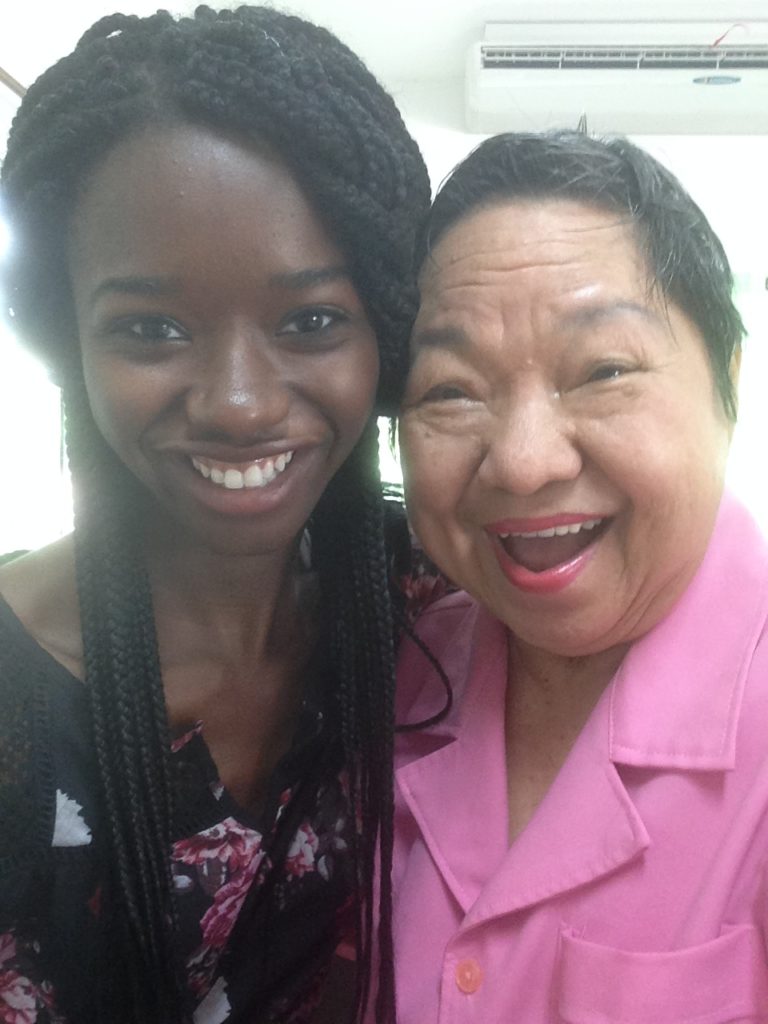
It took our private conversation for Cindy to expand her perspective; and, even with what’s going on in the world present-day, there’s the very real possibility that Cindy still doesn’t get it. But I can guarantee that she remembers our conversation from that day, just like I do. And that’s the point I’m getting at here.
Having the opportunity to sit down in real life, in real time, and share our differing perspectives was so much more meaningful than what tends to happen when two strangers fight it out in the comment section of some social media post.
No matter your stance or perspective, start talking. These conversations are the building blocks of change and mutual understanding.
And, it’s something simple each of us can do.
YOUR mind, YOUR life experience, YOUR unique perspective, share that. The world needs your voice. ♥
So, about the Eighth Wonder of the World:
Black people. It’s us. We’re it.
I titled this post “The Eighth Wonder of the World” not to be controversial, but because when I was standing on top of The Great Wall of China, one of the 7 Wonders of the World, people were lining up to take pictures with me, and others who so beautifully carried the uniqueness of the Black aesthetic. I’d much rather look at the experience through the positive lens of being an awe-inspiring spectacle than to take offense at others’ lack of cultural exposure or awareness, but I cannot deny that it’s a bizarre feeling to be the furthest thing from famous and yet have complete strangers come up and ask for photo ops with me (or with me, and their children) in some of the most random and beautiful places on Earth. It always amazes me, and each time that this has happened while abroad I’ve silently felt like I was being treated like the 8th Wonder of the World.
Black people: No matter what the world tries to tell us about out history, our worth, our features and our potential; no matter how much of our dignity people have tried to strip away throughout the years, remember, we are a triumphant diaspora. We are resilient. We are magical.
And we…
Matter. ♥
